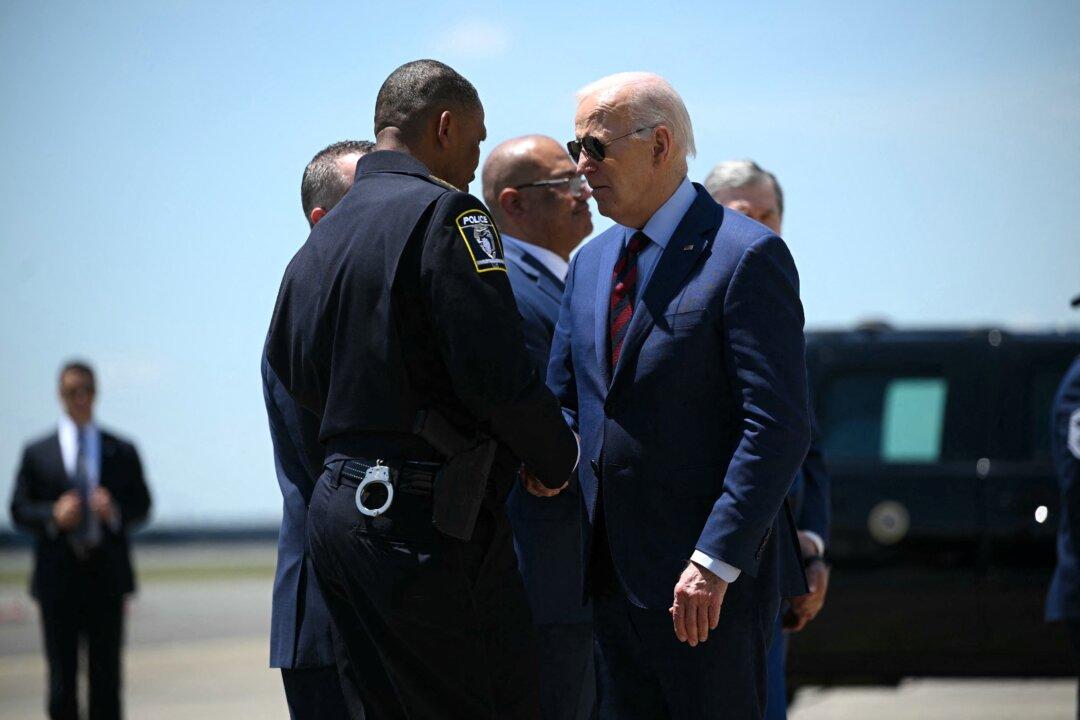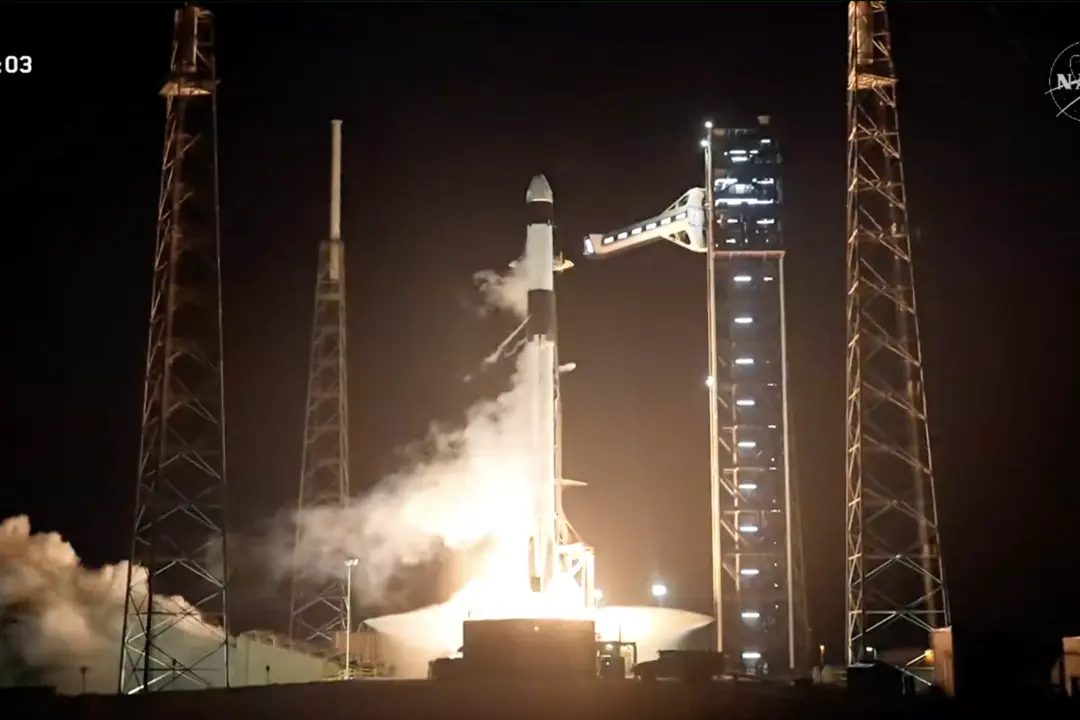President Joe Biden stopped in Charlotte, North Carolina, on May 2 to pay his respects to the law enforcement officers who were killed and wounded in the line of duty earlier this week in what is being called the deadliest incident for U.S. law enforcement in eight years.
“We mourn for the fallen heroes and their loved ones,” White House press secretary Karine Jean-Pierre told reporters on the flight from Washington. “And we pray for the recoveries of the courageous officers who were wounded.”





